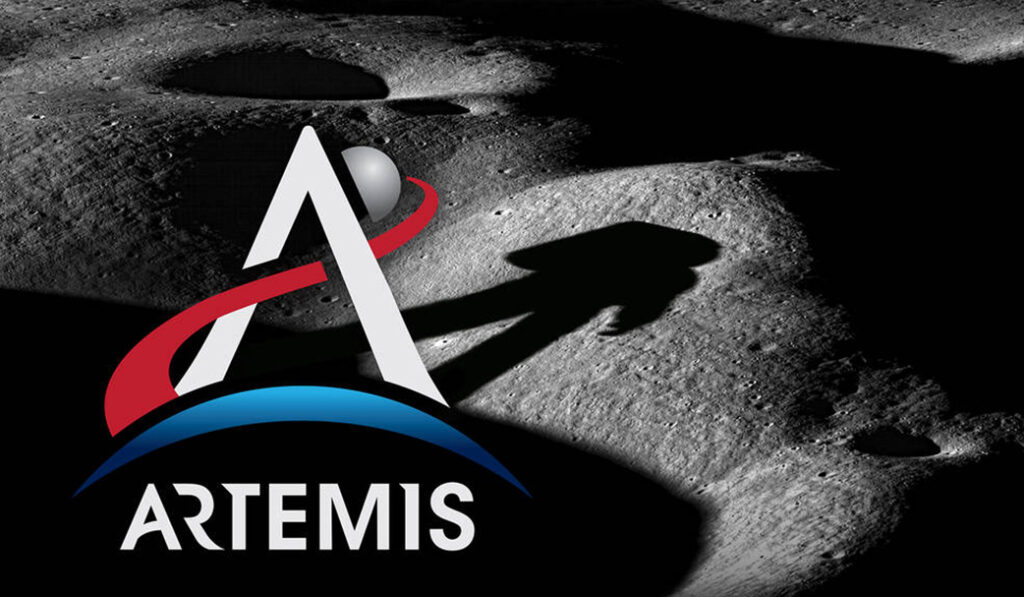Keith’s note: I am trying to wrap my head around this thing that NASA Administrator Senator Bill Nelson keeps saying. Is the State Department putting him up to this? They do not seem to be doing any arm waving about it. Just Nelson. Oddly I do not seem to see anyone else saying it – except in some articles in China who think that America is trying to do the same thing in reaction to Bill Nelson making these claims.
According to ‘We’re in a space race’: Nasa sounds alarm at Chinese designs on moon published by the Guardian “The US is locked in a space race with China and the country needs to “watch out” that its rival does not gain a foothold and try to dominate lunar resources, Nasa’s top official has warned. The assessment came from the Nasa administrator, Bill Nelson, a former astronaut and Florida senator, who went on to warn that China could eventually claim to “own” the moon’s resource-rich areas.The contest between the US and China, he added, was intensifying and the next two years could determine which country achieves an advantage. “It is a fact: we’re in a space race,” Nelson told Politico. “And it is true that we better watch out that they don’t get to a place on the moon under the guise of scientific research. And it is not beyond the realm of possibility that they say, ‘Keep out, we’re here, this is our territory.’
(more…)







